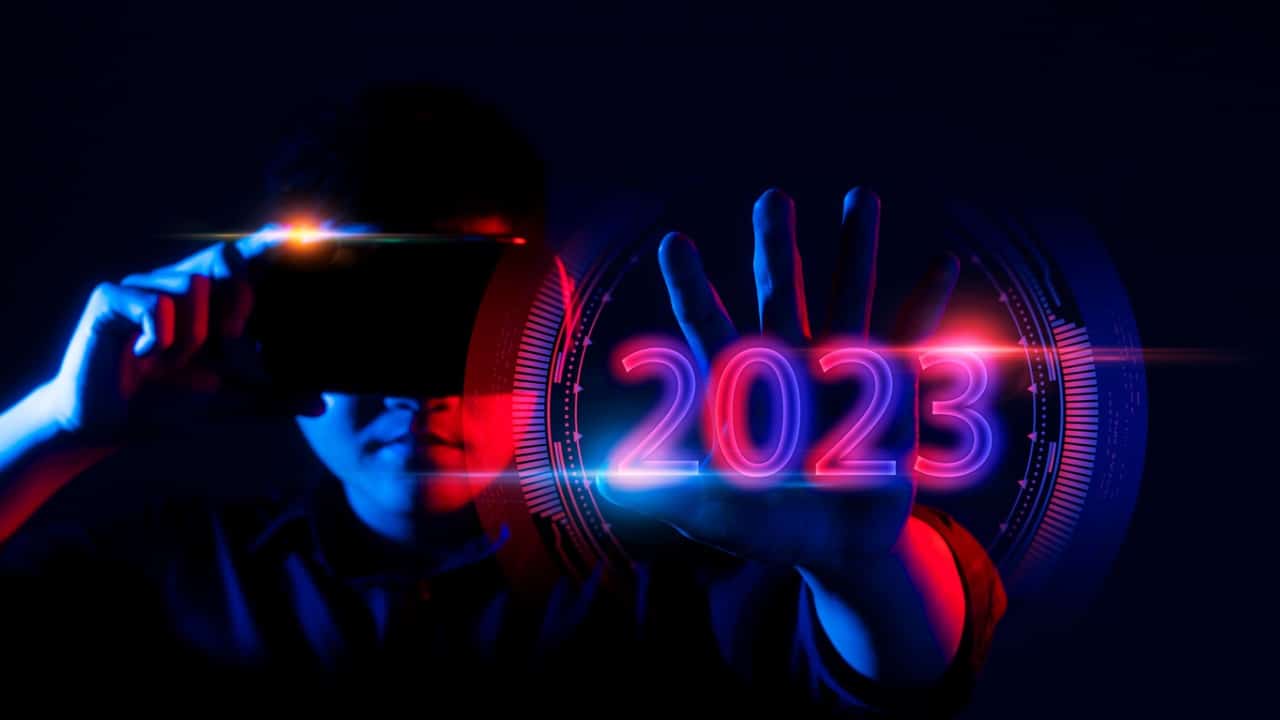It is difficult to predict specific trends in the blockchain industry with certainty, as the technology is constantly evolving and being adapted to new use cases.
However, some trends that have been gaining traction in recent years and are likely to continue to be important in the coming years include:
- Increased adoption of blockchain by businesses and governments: As more organizations become aware of the potential benefits of blockchain, such as increased security, transparency, and efficiency, we are likely to see an increase in the adoption of the technology for various business and government applications.
- Development of decentralized finance (DeFi): The DeFi space has seen significant growth in recent years, with a range of decentralized finance platforms and protocols being developed to enable decentralized lending, borrowing, trading, and other financial activities. This trend is likely to continue in the coming years, with DeFi potentially becoming a more mainstream way of accessing financial services.
- Growth of non-fungible tokens (NFTs): Non-fungible tokens, which are unique digital assets that cannot be exchanged for other assets on a one-to-one basis, have gained significant attention in recent years due to their use in the sale of digital art, collectibles, and other unique items. This trend is likely to continue, with NFTs potentially being used in a wider range of applications in the future.
- Increased focus on sustainability: There is growing interest in using blockchain technology to create more sustainable and eco-friendly systems, such as through the use of blockchain-based supply chain management or carbon credits. This trend is likely to continue in the coming years as concerns about the environmental impact of various industries continue to grow.
- Advancements in scalability and interoperability: As the blockchain industry matures, there is a focus on developing solutions that can handle larger volumes of transactions and more easily interact with other blockchain networks. We may see significant progress in these areas in the coming years, which could open up new possibilities for the use of the technology.
The gaming industry has been exploring the use of blockchain technology in a number of ways.
Some examples include:
- Using blockchain to create and trade in-game items: One of the main ways that the gaming industry is utilizing blockchain is by creating non-fungible tokens (NFTs) that represent unique in-game items. These NFTs can be bought and sold on marketplaces, allowing players to trade and sell rare or valuable in-game items.
- Implementing blockchain to improve game security: Blockchain technology can be used to secure game assets and prevent fraud, such as by using smart contracts to enforce rules around the transfer of in-game items.
- Using blockchain to create decentralized game economies: Some game developers are using blockchain to create decentralized game economies, in which players can earn and spend in-game currencies that are backed by blockchain technology. This can allow for more transparent and secure transactions within the game.
- Implementing blockchain to create decentralized game platforms: Some game developers are using blockchain to create decentralized game platforms, on which players can discover, purchase, and play games without the need for a central authority. This can allow for more open and decentralized game ecosystems.
- Utilizing blockchain to create verifiable game achievements: Blockchain technology can be used to create verifiable records of game achievements, which can be used to demonstrate a player’s skills or to qualify for certain tournaments or competitions.
Overall, the use of blockchain in the gaming industry is still in the early stages, but it has the potential to revolutionize the way games are played and monetized.
Decentralized finance (DeFi) refers to financial applications and services that are built on blockchain technology and operate in a decentralized manner, without the need for a central authority.
DeFi has gained significant attention in recent years, with a range of decentralized finance platforms and protocols being developed to enable decentralized lending, borrowing, trading, and other financial activities.
One of the main reasons that DeFi has the potential to become more mainstream is that it offers a number of benefits over traditional financial services. For example, DeFi can be more accessible, as it is often possible to use it without the need for traditional bank accounts or credit checks. DeFi can also be faster and cheaper, as it does not rely on intermediaries such as banks to facilitate transactions. Additionally, DeFi can be more transparent, as all transactions are recorded on a public blockchain and can be easily audited.
However, DeFi is still a relatively new and rapidly evolving field, and there are a number of challenges that need to be addressed before it becomes more mainstream. For example, DeFi platforms and protocols can be complex and may require a certain level of technical knowledge to use. Additionally, DeFi is not currently as regulated as traditional financial services, which may be a concern for some users. As DeFi continues to mature and these challenges are addressed, it is likely that we will see increased adoption of DeFi by mainstream users.
Non-fungible tokens (NFTs) are unique digital assets that cannot be exchanged for other assets on a one-to-one basis.
They have gained significant attention in recent years due to their use in the sale of digital art, collectibles, and other unique items.
There are a number of potential future applications of NFTs beyond the sale of digital art and collectibles. Some examples include:
- Authenticating physical artworks: NFTs could be used to authenticate physical artworks, by linking a unique NFT to each artwork and storing information about the artwork’s provenance on the NFT’s blockchain. This could help to prevent counterfeiting and increase transparency in the art market.
- Verifying the ownership of physical assets: NFTs could be used to verify the ownership of physical assets such as real estate, vehicles, or luxury goods. By linking a unique NFT to each asset and storing information about the ownership on the NFT’s blockchain, it would be possible to easily verify ownership and transfer ownership when necessary.
- Enabling microtransactions: NFTs could be used to enable microtransactions, which are small financial transactions that are not practical to process using traditional payment systems. For example, NFTs could be used to enable users to pay small amounts of money to access content or services online.
- Implementing smart contracts: NFTs could be used to implement smart contracts, which are self-executing contracts with the terms of the agreement between buyer and seller being directly written into lines of code. This could allow for more efficient and secure contract execution in a range of industries.
Overall, the potential applications of NFTs are still being explored and are likely to continue to evolve as the technology matures.
Contact Seattle Software Developers today to discuss your future blockchain, metaverse, or cryptocurrency project. SSD has some of the best blockchain developers available to chat about your next project.




